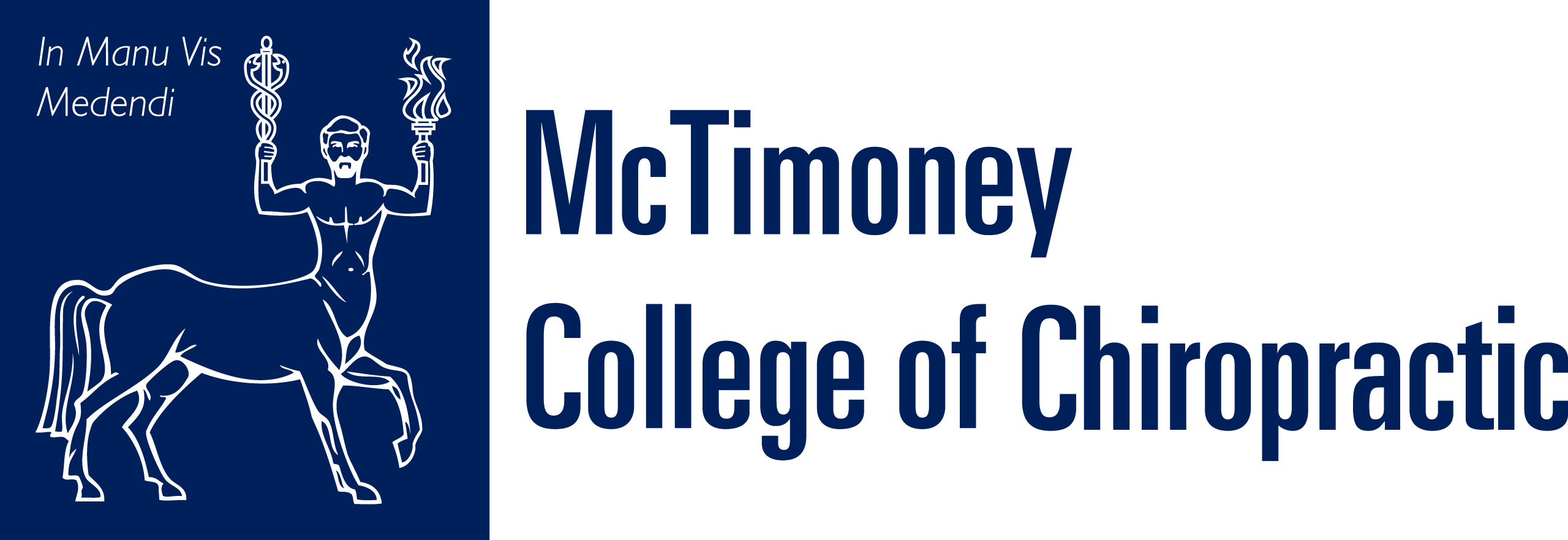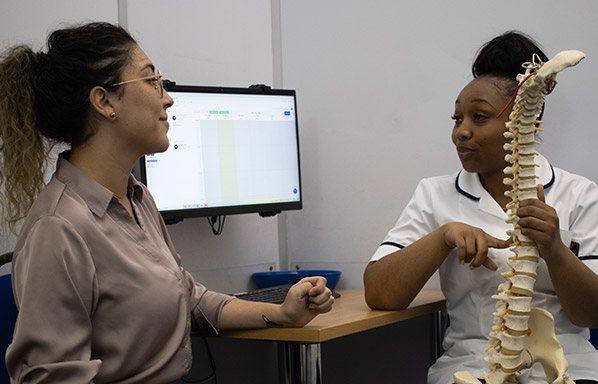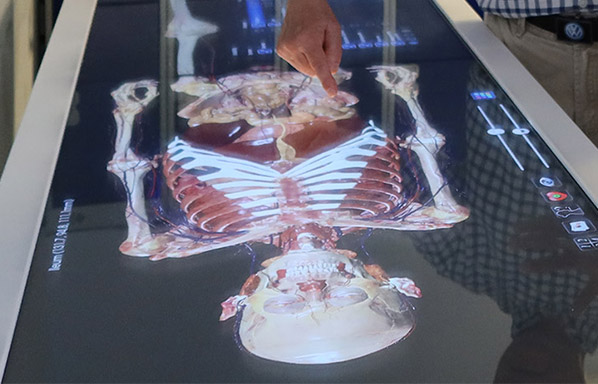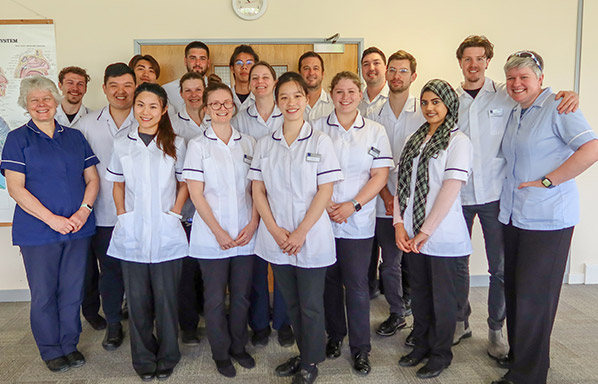Daniel D. Palmer introduced the term ‘chiropractic’ to mean adjustments of the bones made by the hands alone, from the Greek words ‘kheir’ meaning ‘hand’ and ‘praktikos’ meaning ‘done by’. He founded the first school of chiropractic, Palmer College in Iowa, and was succeeded by his son B. J. Palmer. It was one of his early students, Dr. Mary Walker DC, who taught chiropractic to John McTimoney in the 1950s.
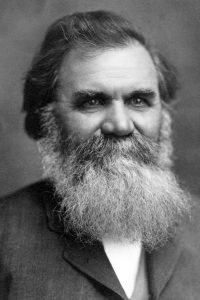
John McTimoney further developed the techniques he was taught and extended their use to animals. The swiftness of the adjustments he devised requires great sensitivity and skill, and once mastered, the McTimoney method proved to be extremely popular with patients. The McTimoney College of Chiropractic was founded in 1972 as the Oxford School of Chiropractic and was the second chiropractic college to be started in the UK. It was formed to teach the Palmer principles of chiropractic, together with the McTimoney-developed method of chiropractic care.
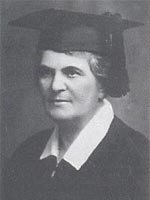
The McTimoney method of chiropractic is holistic and concerned with the welfare of the whole body. This emphasis on causes rather than symptoms has growing public appeal. At the same time the medical profession increasingly recognises chiropractic as an effective way to manage a wide range of musculo-skeletal conditions. Such widespread acceptance was marked by the Chiropractors Act 1994, and the setting up of the General Chiropractic Council (GCC) which is now the Statutory body regulating chiropractic in the UK. The GCC has the remit to protect the public, promote the profession and set standards.
This has resulted in the accreditation of chiropractic colleges, leading to the award of recognised qualifications for the purpose of gaining entry to the official Register of Chiropractors. Only those registered with the GCC may practise as chiropractors in the UK.
